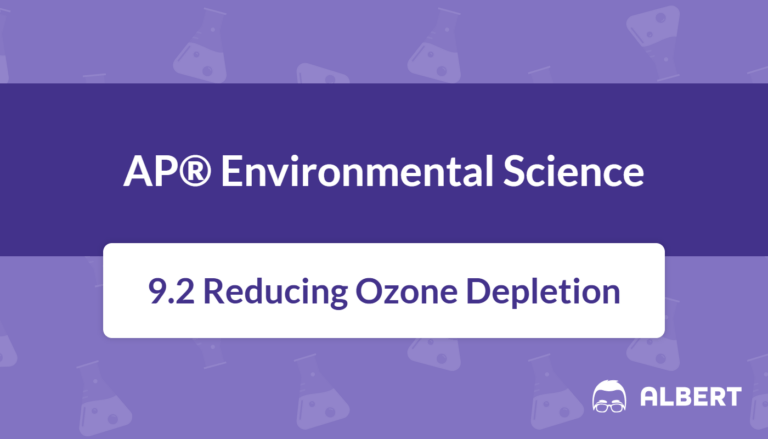
Reducing Ozone Depletion: AP® Environmental Science Review
Introduction Ozone depletion remains a significant challenge in environmental science. It directly affects the health of ecosystems, as a damaged ozone layer allows more harmful

Introduction Ozone depletion remains a significant challenge in environmental science. It directly affects the health of ecosystems, as a damaged ozone layer allows more harmful
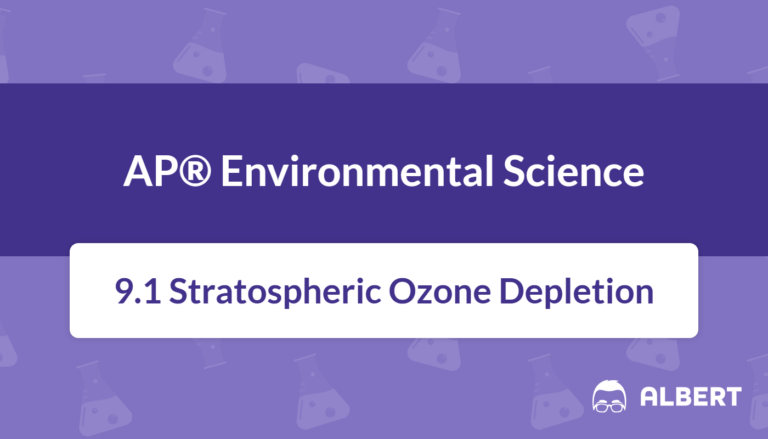
Introduction Stratospheric ozone plays a vital role in protecting life on Earth. It is essential to understand how the ozone layer functions, why it is
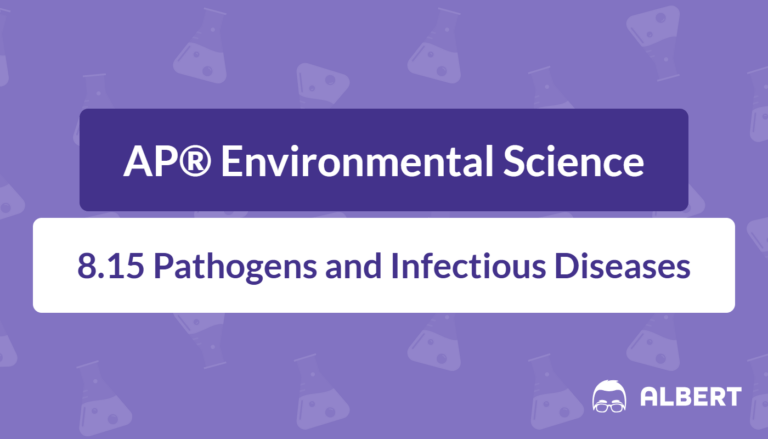
Introduction Infectious diseases are illnesses caused by harmful organisms that invade and multiply within the human body. To better understand these illnesses, it is important
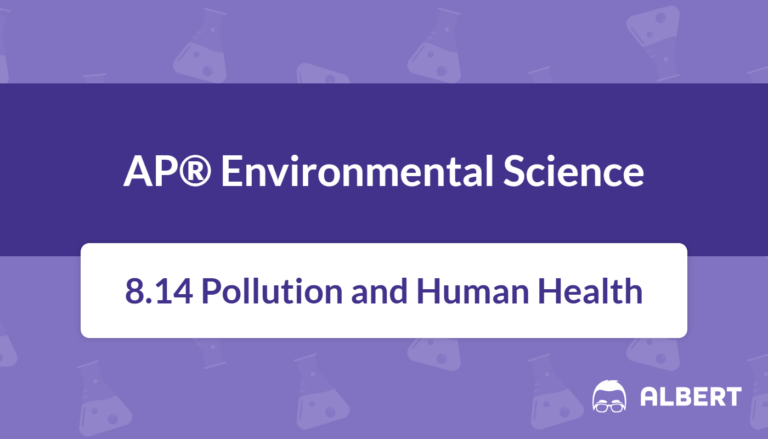
Introduction Pollution remains a central topic because it significantly influences human well‑being. Various pollutants—ranging from industrial chemicals in water to particulate matter in air—threaten public
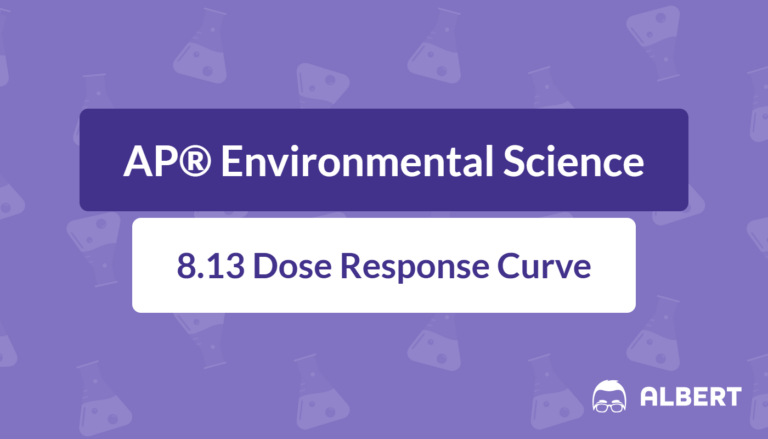
Introduction Dose-response curves play an essential role in AP® Environmental Science, particularly when evaluating how organisms and populations respond to different levels of toxins or drugs. These
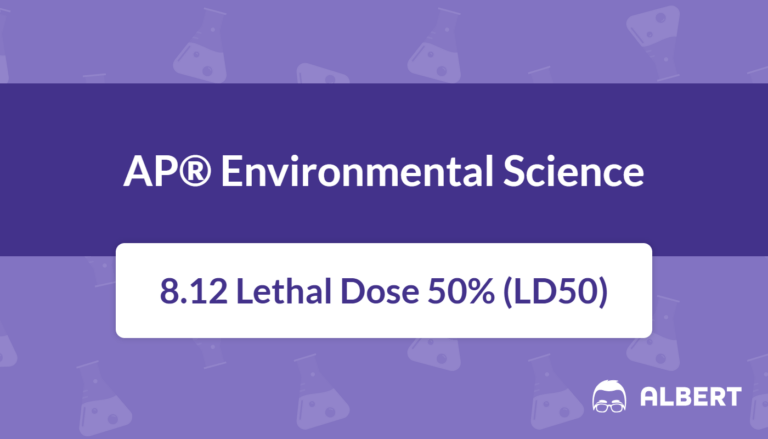
Introduction It is crucial to understand how certain chemicals affect organisms. One measure that helps researchers and policymakers evaluate chemical toxicity is the Lethal Dose
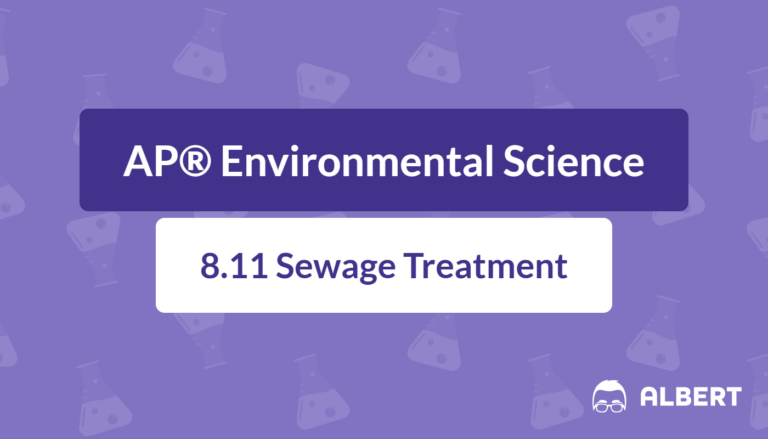
Introduction Sewage treatment plays a critical role in safeguarding public health and preserving water quality. When wastewater from households, businesses, and industrial facilities is released
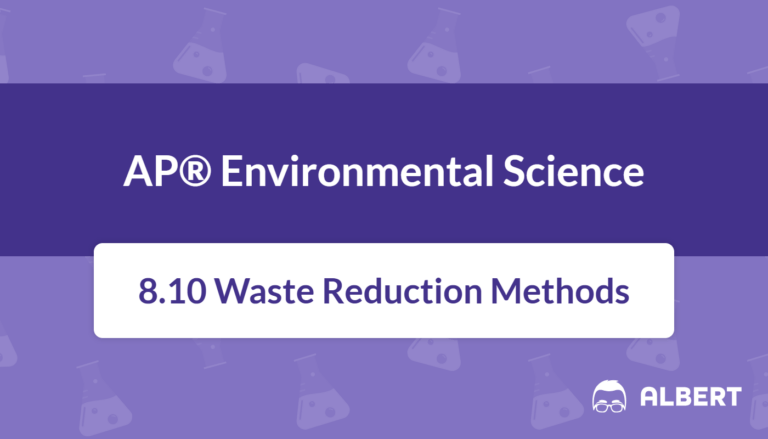
Introduction Waste generation remains a major challenge for modern societies. Significant amounts of paper, plastic, and other materials end up in landfills daily. Meanwhile, the
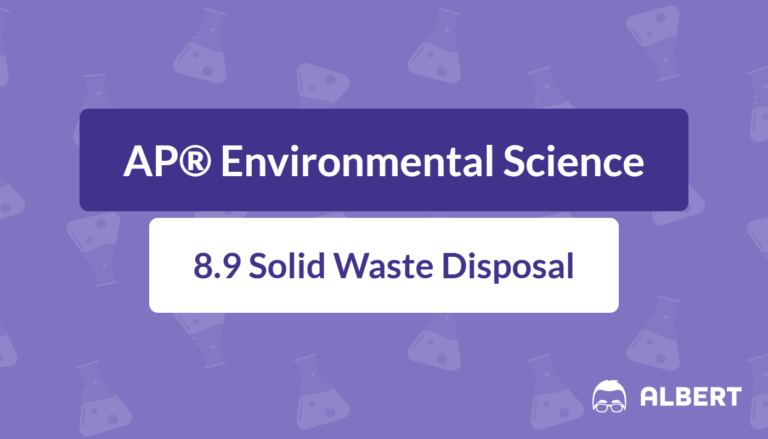
Introduction Solid waste disposal is a critical topic in AP® Environmental Science because it affects both the environment and human health. Properly disposing of waste reduces